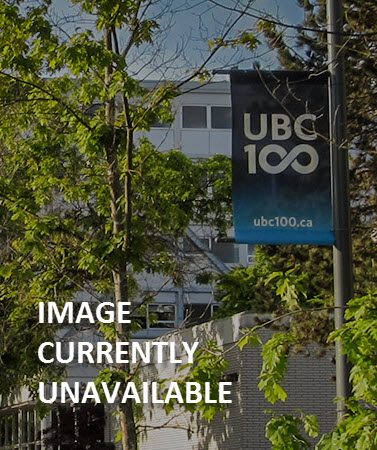Meghan Longstaffe
Thematic Research Area
Regional Research Area
Education
PhD History, University of British Columbia, 2021
MA History, University of British Columbia, 2010
BA (Honours) History, Queen's University, 2007
About
I am a White settler who lives and works on traditional and unceded xʷməθkʷəy̓əm (Musqueam), Sḵwx̱wú7mesh (Squamish), and səl̓ilw̓ətaʔɬ (Tsleil-Waututh) territories.
I work on histories of women, poverty, and activism in the late twentieth century, especially Downtown Eastside Vancouver. My current research centers women living in extreme poverty as meaningful subjects and actors to uncover the historical roots of contemporary crises that shape our present, including homelessness and violence against Indigenous women, girls, and Two Spirit people. In my work, I analyze of the causes and configurations of women’s poverty, alongside women’s creative resilience and resistance in the face of it. My work offers new perspectives on the connections between settler colonialism, poverty, and gendered violence in the city. It also extends and deepens knowledge of the creative ways women in the past have fought against these unjust conditions, and how, through their activism, women built community, made the city, and created social change.
My upcoming research project will build on these concerns with a focus on poverty, health, disability, and barriers to care in Canadian cities at the end of the twentieth century.
During the 2023-2024 academic year, I will be teaching undergraduate courses on the histories of gender and violence, postwar Canada, and Vancouver.
Research Interests:
- Canada
- women and gender
- settler colonialism
- housing and homelessness
- poverty
- violence
- social determinants of health and disability
- social movements
- oral history
Teaching
Publications
Articles/Book Chapters
Meghan Longstaffe, “Indigenous Women as Newspaper Representations: Violence and Action in 1960s Vancouver,” Canadian Historical Review 98, 2 (June 2017): 230-260.
